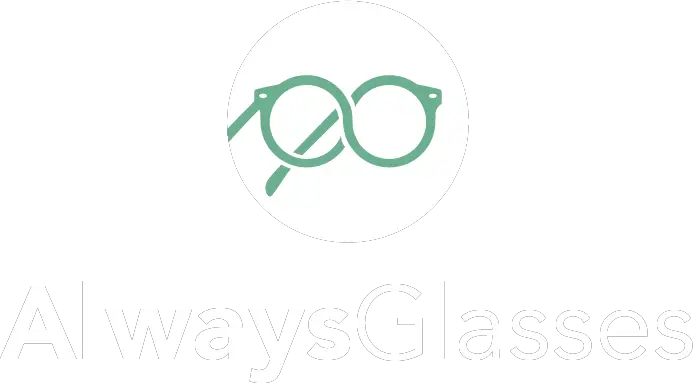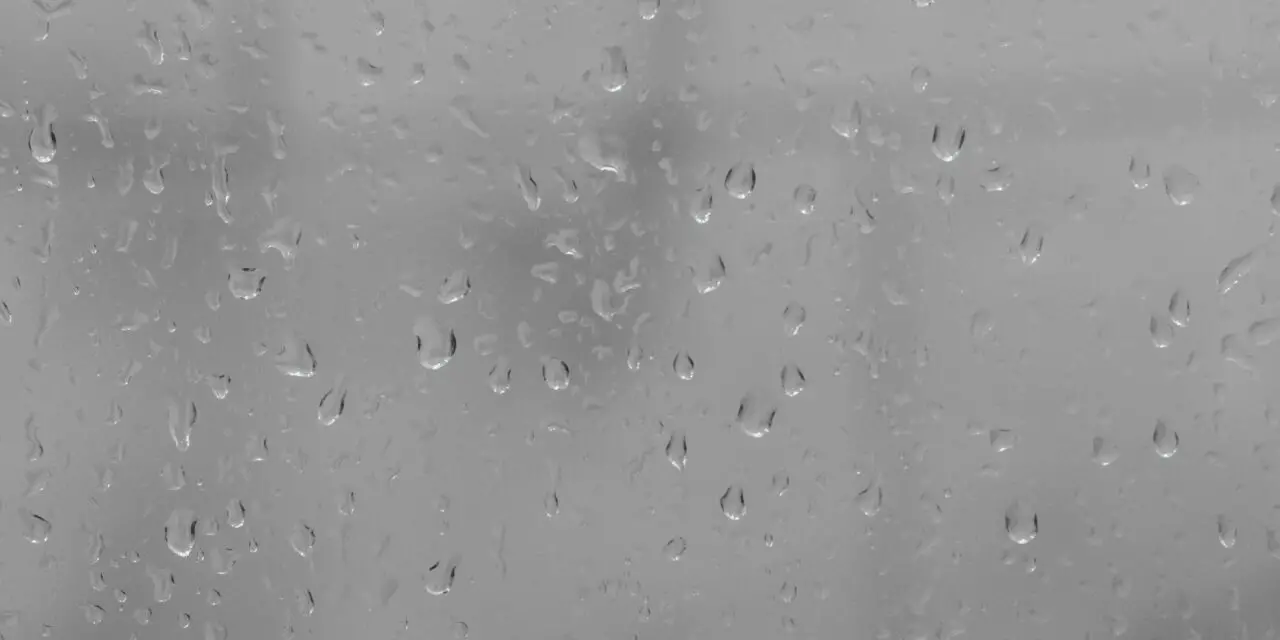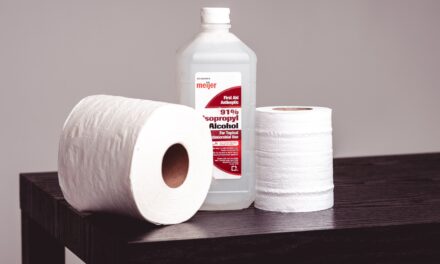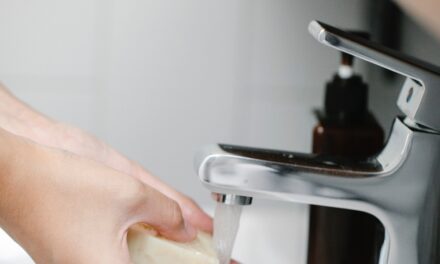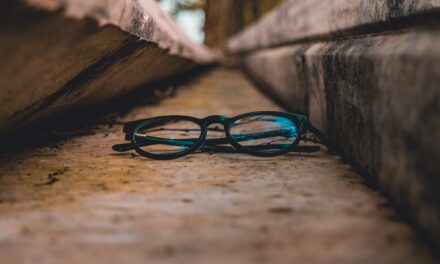Wearing eyeglasses can be a hassle, but frequently it is necessary. You may need to wear prescription eyeglasses, or maybe you need them for safety. Either way, they are necessary, and sometimes you have to deal with water on your glasses.
There are many ways to help with water droplets and fog on your eyeglasses, but Rain X should not be one of them for a plethora of reasons. There are many alternative products similar to Rain X that are meant for eyeglasses.
Continue reading to understand why you shouldn’t use it and some of the other alternatives to removing and keeping water droplets off your lenses.
Using Rain X On Eyeglasses
Rain X has long since been used on windshields to help water droplets roll off your glass as you drive simply. It seems logical that you can use this product on your eyeglasses, but you should refrain from doing so.
Putting Rain X on your eyeglasses will have the desired effect on your windshield, but the downfall is worse than the benefits. When using prescription glasses or glasses with a special coating, Rain X’s chemicals can remove that coating.
These chemicals remove the special coating like on UV sunglasses or prescription glasses but can wear down the plastic. The plastic will become weaker more quickly when you use Rain X on it, so it is best not to use Rain X on your eyeglasses.
Can You Use Rain X Anti-Fog On Eyeglasses?
Just like with normal Rain X, Rain X Anti-Fog shouldn’t be used for eyeglasses. It will have the same effect as regular Rain X: deterioration of any special coating on the glasses and the plastic. Prescription glasses are expensive, and you don’t want to replace them sooner rather than later.
Fogging normally happens when your lenses are colder than the environment around them. If you keep your eyeglasses a little warmer, the fog will go away more quickly. You can use your body temperature to warm up your glasses.
How To Deal With Water On Eyeglasses
If you deal with eyeglasses or are new to eyeglasses, there are many ways that you can deal with water on your lenses. Here are some methods you can use when dealing with water:
- Try to refrain from wearing your glasses in the rain.
- Use a microfiber towel to wipe them clean.
- If you need it, use a visor when it’s raining.
- Keep glasses at the same temperature as the environment or warmer.
If you consistently have issues with your eyeglasses fogging up, you may want to try a different style. Just changing the shape of your glasses can make the difference. You can try glasses that may be smaller or further away from your cheeks.
Often, having the lenses too close to our skin can cause fogging. This is because our body heat is warmer than the material of your glasses. Some other options for reducing fog on your eyeglasses are:
- Wash with soapy water.
- Spray anti-fog spray on the lenses.
- Try anti-fog wipes.
- Sanitizer (within limited use)
You can find many of these products at your local stores, but they are also available online.
Home Remedies To Avoid
The internet is full of information to help you, but you will find that some methods and home remedies can actually be more damaging rather than helpful. These home remedies won’t help rid the fog from your glasses, and they will not give Rain X the desired effect on a windshield.
Here are some home remedies that you want to avoid:
- Vinegar.
- Toothpaste.
- Saliva
- Anti-fog film
Each of these home remedies can wear down the special coating of your lenses or cause scratching. The wear and tear can speed up the degradation of your lens, like oxidation or yellowing of the lens. Once your lens turns yellow, you will have to replace the entire eyeglasses.
Researchers have also found that anti-fog film doesn’t help reduce fog on your lenses. This product can cause limited vision or obscure your vision. It is best not to waste your money on it and use it towards one of the other solutions.
Outro
Rain X for your windshield does well at protecting against the rain and making it easier to see, but it is not meant to be put on the lenses of your glasses. This is especially the case for prescription glasses. It is best to stick with solutions solely made for glasses or use the alternative options presented.
